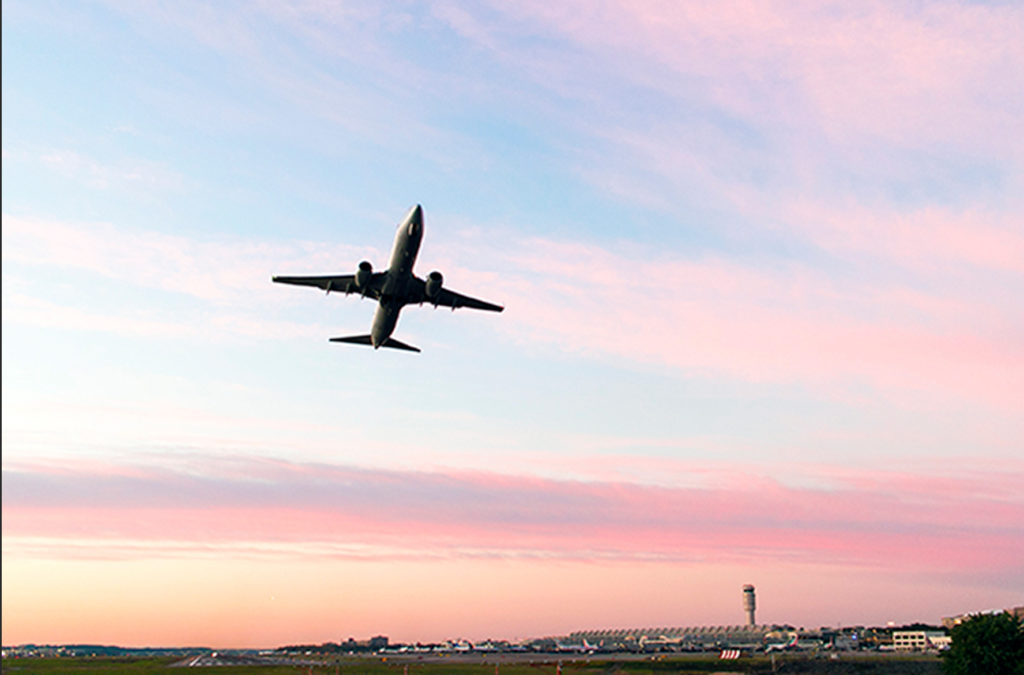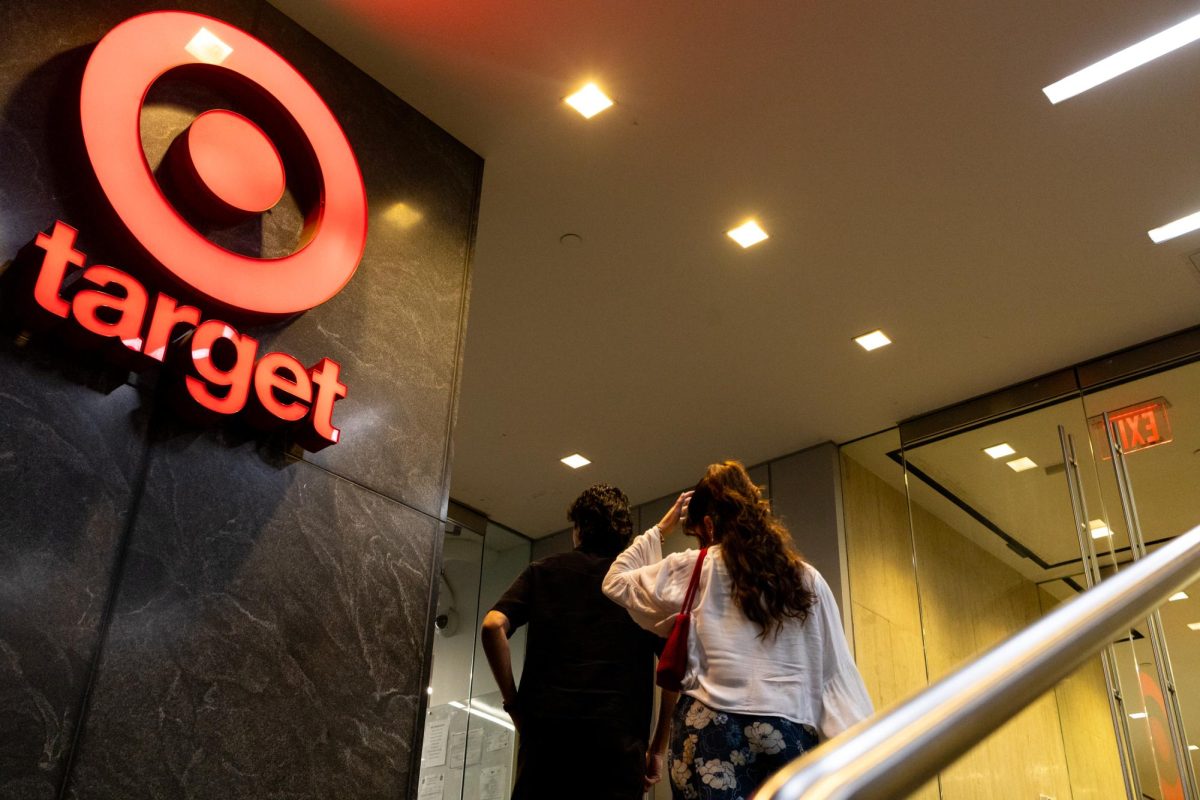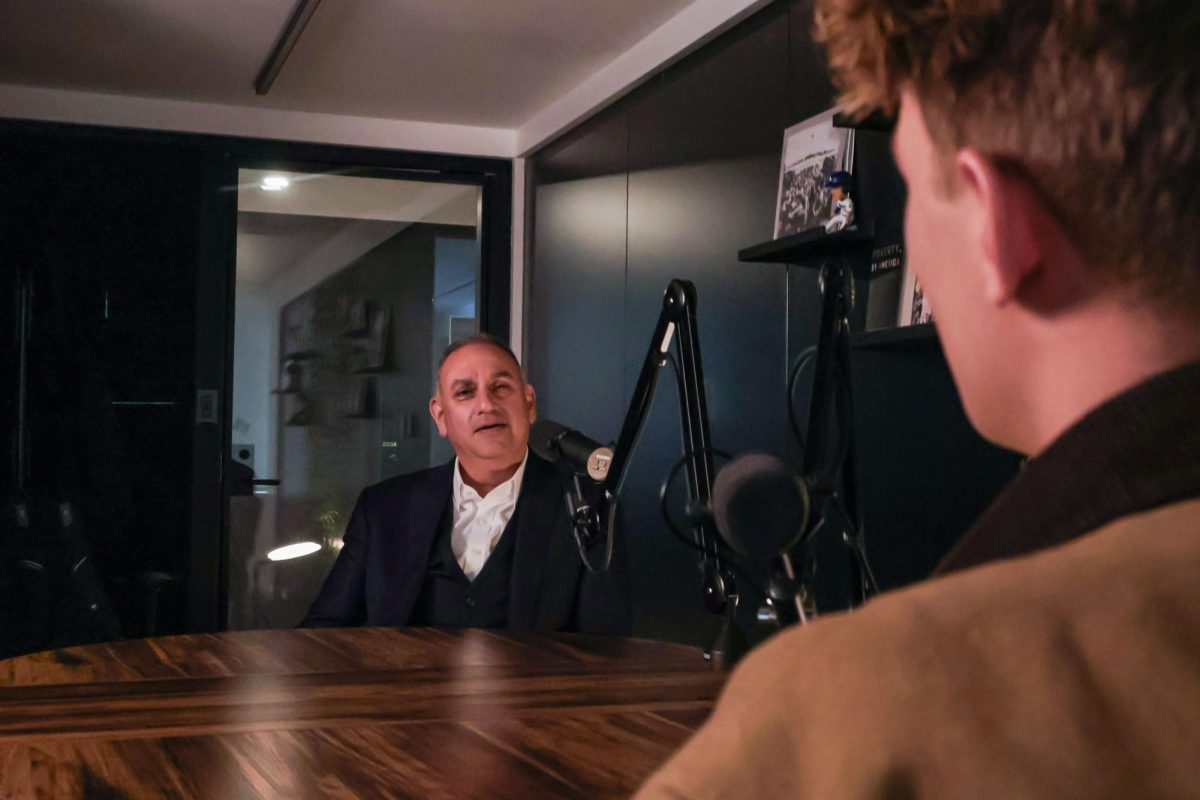As COVID-19 cases rise nationwide, students are weighing traveling home for Thanksgiving or staying in D.C. to curb the spread of the virus.
Students living in D.C. said the risk of traveling during the pandemic has made the choice of returning home more “difficult,” and they are self-quarantining beforehand or choosing to not travel to prevent getting sick or carrying the virus to other people. Infectious disease experts said students should stay in D.C. or only travel one way while following strict social distancing guidelines to decrease their risk of exposure.
Officials sent an email to students Tuesday outlining D.C.’s COVID-19 guidelines for those who will return at the end of their break. Students living in D.C. will need to be tested within five days of returning and receive a negative result while self-quarantining for an additional 14 days after they come back, according to the email.
“Although the University has strong health and safety measures in place for the community, including mandatory COVID-19 testing and daily symptom monitoring for the on-campus cohort and testing for off-campus students, these measures are only part of the larger effort to keep our community safe,” the email states.
Junior Drew Amstutz said his Thanksgiving plans have not been affected by the pandemic because GW is “home” for him, and he is staying on campus for the remainder of the semester.
Amstutz said he plans to celebrate Thanksgiving with a friend who lives off campus and who has also been getting tested weekly. He said they plan to celebrate Thanksgiving by cooking a meal together and eating dinner outside.
“I plan to sleep in, catch up on some much-needed rest,” Amstutz said. “And then in the afternoon, I’m going to go over to a friend’s apartment, and we’re going to make our own Thanksgiving meal.”
Amstutz, a member of the Back to Campus Committee, said all students living on campus are required to be tested twice the week following Thanksgiving break, even if they did not travel out of D.C.
Junior Alex Rinaldi said he is flying home to his family’s Thanksgiving in Cape Cod, Massachusetts. He said his family traditionally plans a large gathering, but this year, he’ll only spend time with his immediate family members to prevent the virus’s spread.
Rinaldi said he has gotten tested for the coronavirus a couple of times throughout the semester out of precaution, and his family have been self-quarantining in the days leading up to Thanksgiving.
Rinaldi added that his sister recently recovered from the virus and was “lucky” because she only had “bad cold” symptoms. He said he is worried another family member may be infected with a more “serious” case if they are exposed.
“I’ll admit I am a little bit worried just because I get anxious about these things,” Rinaldi said. “I don’t necessarily know that there is reason for me to worry too much. But I mean, it’s a pandemic. I’m going to be worried no matter what.”
The Transportation Security Administration screened “slightly” more than 2 million people at U.S. airports on Friday and Saturday, marking the second- and third-busiest days for U.S. airports since mid-March, according to CNN.
Infectious diseases experts said they recommended against traveling over Thanksgiving break but added that if students were flying out of state, they should avoid taking their masks off until they’re home.
David Friedman, an emeritus professor of infectious diseases at The University of Alabama at Birmingham, said students who travel should get tested right before their flight home and before they return to D.C. He said the best way to travel this season is by car, but if a student is flying, they should aim to buy and show their ticket to the airline electronically to avoid direct contact with others.
Friedman said students should eat before they board so they don’t take off their masks during the flight, which may increase the risk of getting sick from a nearby passenger.
“The student might even want to get tested again a couple of days after getting home, especially if they’re going home right before Thanksgiving Day,” Friedman said. “And then there’s going to be a family get-together on Thursday. They’re home for a couple of days already – they might want to get tested again just to be sure they’re not the source of the infection.”
Daniel Havlichek, a professor and chief of the division of infectious diseases at Michigan State University, said students should stay in their family pods if they are flying home during the holiday. He said going out to public spaces like bars, which are known to be “super spreader” events, should be avoided because students are traveling to a new area where cases could be higher than in D.C.
“If somebody wants to go home to be with family and then decides to go out to the bar to catch up with their friends who might be from another part of the country, that’s a recipe for picking something up,” Havlichek said.
Paul Beninger, an associate professor of public health and community medicine at Tufts University, said students celebrating Thanksgiving in D.C. with their close circle of friends or family are in the “best situation” because they are not interacting with anyone new who isn’t practicing safe guidelines. He said students should avoid potluck dinners and instead have a few people cook the meal together to reduce the risk of spreading the virus.
“Somebody being in charge of the cooking or two people being in charge of the cooking and other people managing the kitchen and cutlery and the dishes and cleanup and so that the tasks are divided,” Beninger said. “No potluck is good because you’ve just multiplied the risk.”








